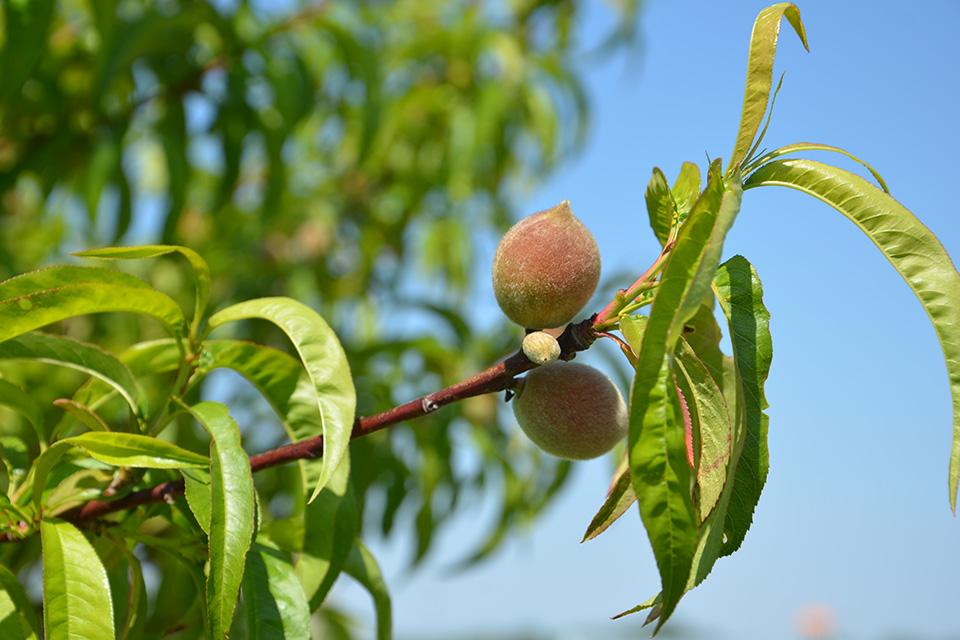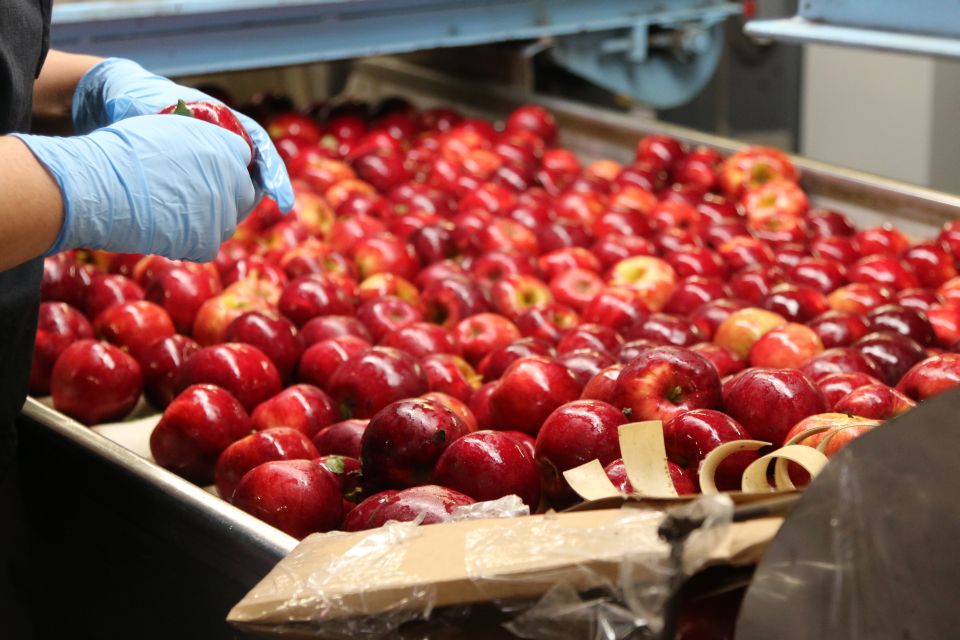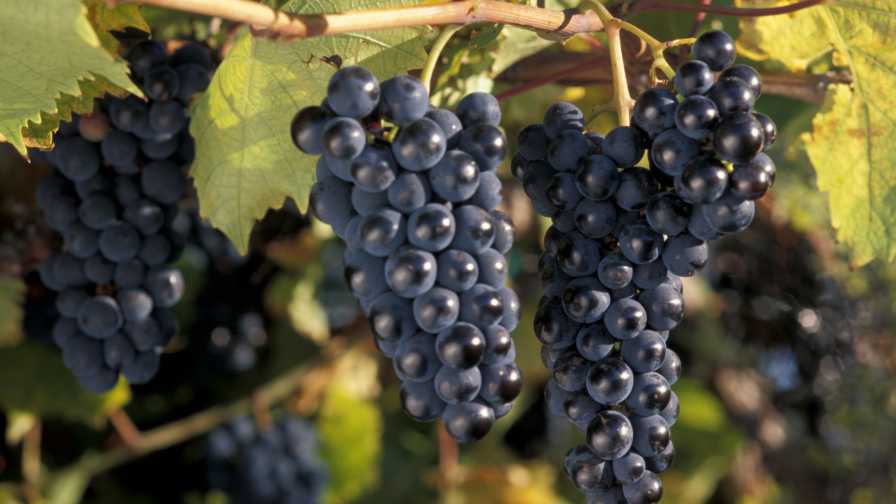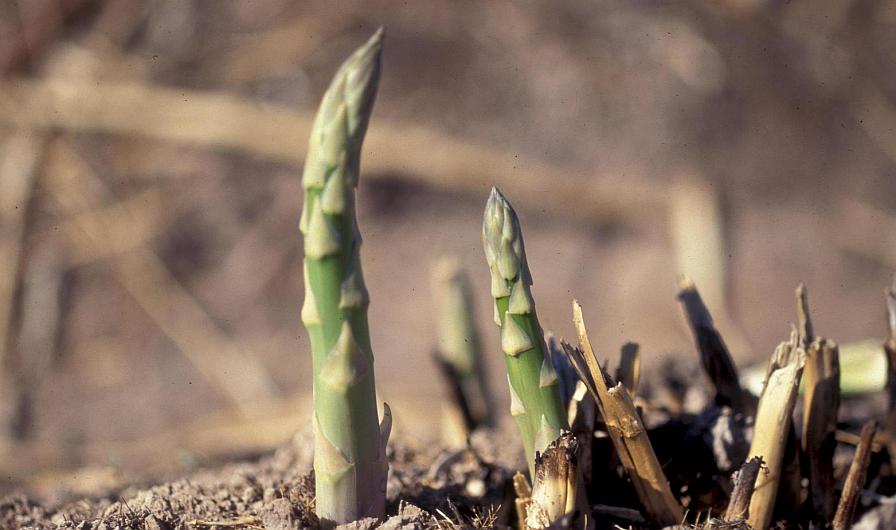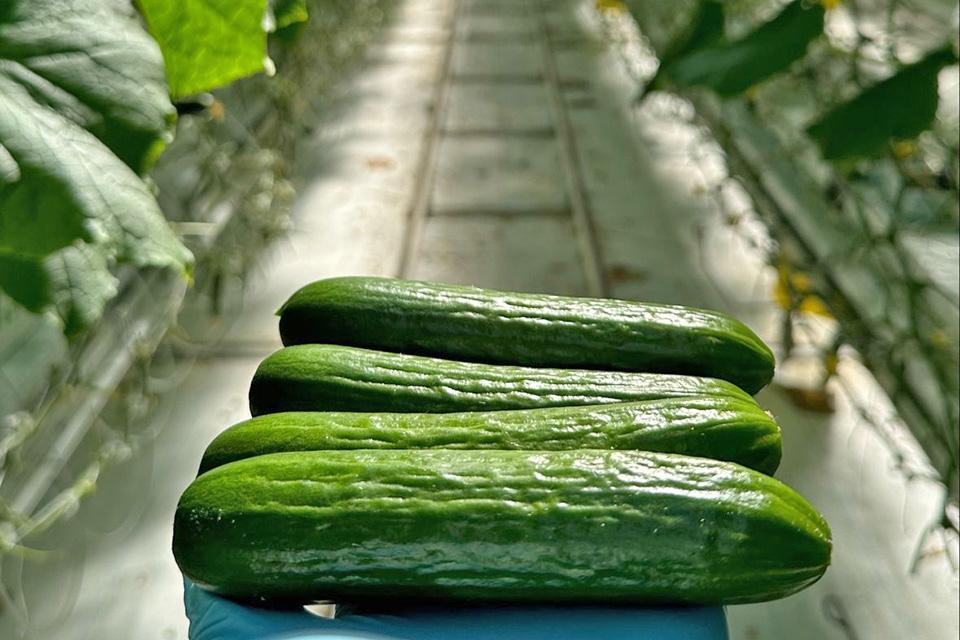USDA OKs Deregulation Of Two GM Apple Varieties
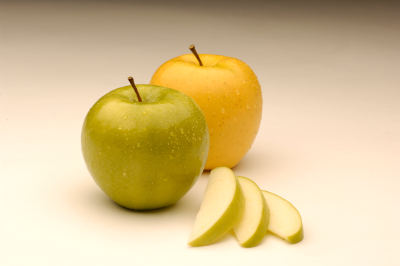
Arctic apples
Based on a final plant pest risk assessment, the USDA Animal and Plant Health Inspection Service (APHIS) has announced its plans to deregulate Arctic Granny and Arctic Golden apples, developed by Okanagan Specialty Fruits, Inc.
These apples are genetically engineered to suppress the apple’s release of polyphenol oxidase, the enzyme involved in browning when the fruit is bitten, bruised, or cut.
APHIS conducted a thorough review to evaluate whether the Arctic Granny and Arctic Golden apples would pose a risk to agricultural crops or other plants or plant products. As part of the Plant Protection Act, if APHIS finds that a new plant is unlikely to pose a risk, it is required to deregulate it. APHIS also completed an environmental assessment to comply with the National Environmental Policy Act that finds deregulation is not likely to have a significant impact on the human environment.
Okanagan Specialty Fruits is currently working with the FDA on a voluntary food safety assessment consultation.
Neal Carter, president and founder of Okanagan Specialty Fruits, expressed his excitement about the announcement in a company news release, saying, “The commercial approval of Arctic apples, our company’s flagship product, is the biggest milestone yet for us, and we can’t wait until they’re available for consumers.”
That won’t be for some time, obviously, as it will take a number of years to get trees in the ground in significant numbers, in production, and, finally, have fruit successfully marketed to consumers. Carter’s estimate is that Arctic apples could first be available in late 2016 in small, test-market quantities.
There are near-term hurdles to clear in order to reach that goal, not the least of which is building demand with growers for the varieties. While there is enthusiasm that a useful trait like non-browning will be attractive to consumers, the public has generally been hesitant to accept genetically modified produce. That means apple growers and the industry may take more of a wait-and-see stance for now.
“Certainly we are not surprised by APHIS’s news today. In the face of no clear reason following USDA’s scientific review process to deny approval, we knew that deregulation was likely,” says Jim Bair, president and CEO of USApple. “Our primary goal has been making sure that when deregulation did happen that we would be ready to act quickly on behalf of our industry to help them have accurate, relevant data should they get customer inquiries — either retail or consumer — and that we are positioned to help subdue any public concerns regarding safety.”
Carter emphasized in the company release that consumers can feel confident in the rigorous review of Arctic apples, which have been grown in field trials for over a decade now, and are likely the most tested apples on the planet. The USDA’s publicly available risk assessment documents (see a document prepared by Okanagan Specialty Fruits here) concluded that Arctic apples are just as safe and healthful as any other apple.
“All we’ve done is reduce the expression of a single enzyme; there are no novel proteins in Arctic fruit and their nutrition and composition is equivalent to their conventional counterparts,” Carter said. “We’ve completed focus groups, online surveys, mall intercept studies and more, and all have demonstrated a remarkably consistent result — a strong majority of apple eaters are interested in buying non-browning apples.”
Bair agrees that consumer demand will inevitably determine the future of GMO apples in the U.S. marketplace.
“In the meantime, we will continue encouraging people to eat all U.S.-grown apples as part of a healthy, nutritious lifestyle,” Bair says.




